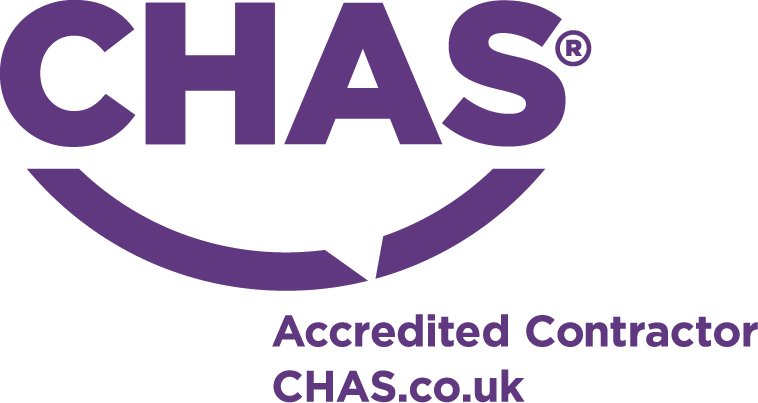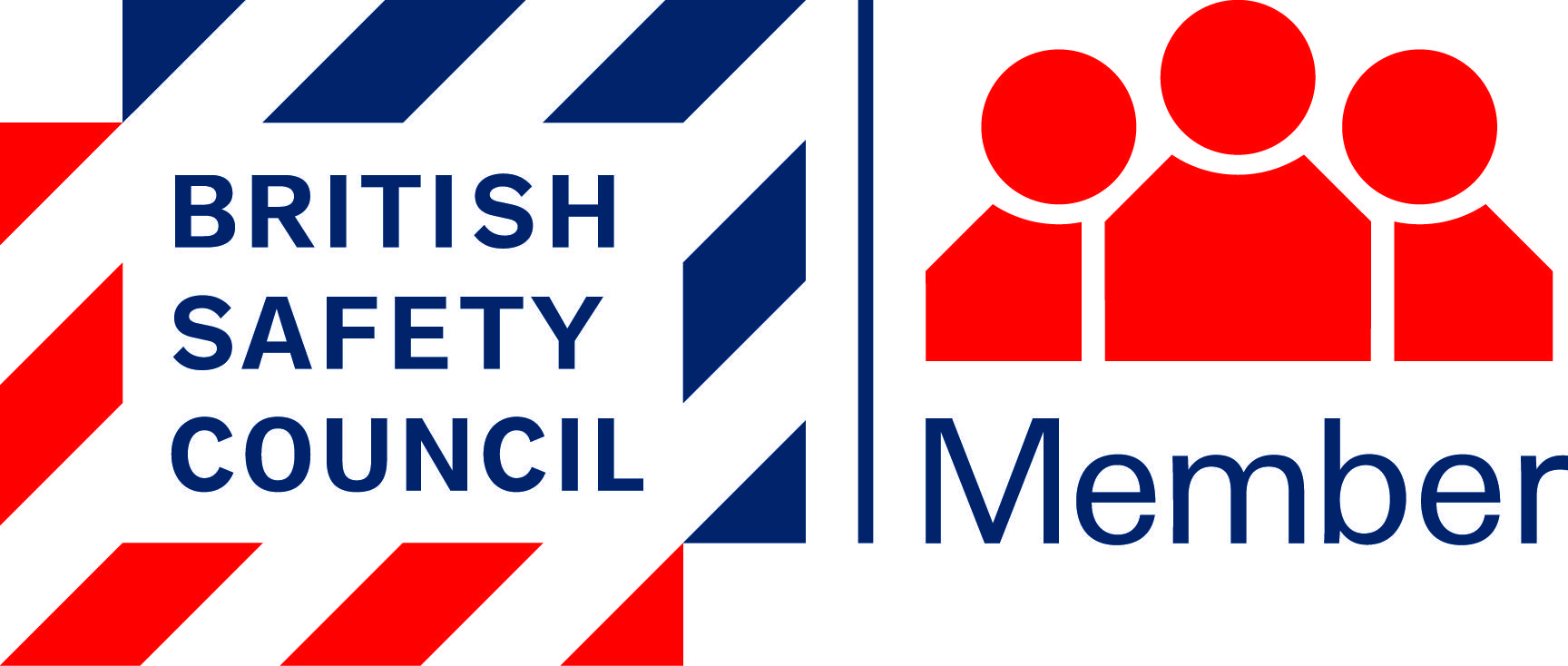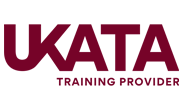2026 Asbestos Compliance Checklist for Employers
2026 Asbestos Compliance Checklist for Employers
Asbestos compliance is tightening across the UK as more ageing buildings reach refurbishment stage in 2026. This quick checklist helps employers stay compliant and audit-ready throughout the year.
1. Ensure All Staff Have Valid Asbestos Awareness Training
- Certificates dated within 12 months
- IATP or UK-recognised accreditation
- Assessment included
2. Verify Training for Subcontractors
2026 frameworks now require proof of training for all subcontractors before works begin.
3. Update Your Asbestos Register
Registers must reflect current condition and recent surveys. Many estates are overdue updates.
4. Review Your Asbestos Management Plan
Plans must be reviewed at least annually — 2026 audits are focusing heavily on this area.
5. Ensure NNLW Workers Have Correct Training
Non-licensed training is mandatory for NNLW tasks. Awareness training alone is not enough.
6. Maintain Records Digitally
Clients increasingly expect digital record-keeping for certificates and risk assessments. Paper records are often rejected.
Get asbestos awareness training for your team.





